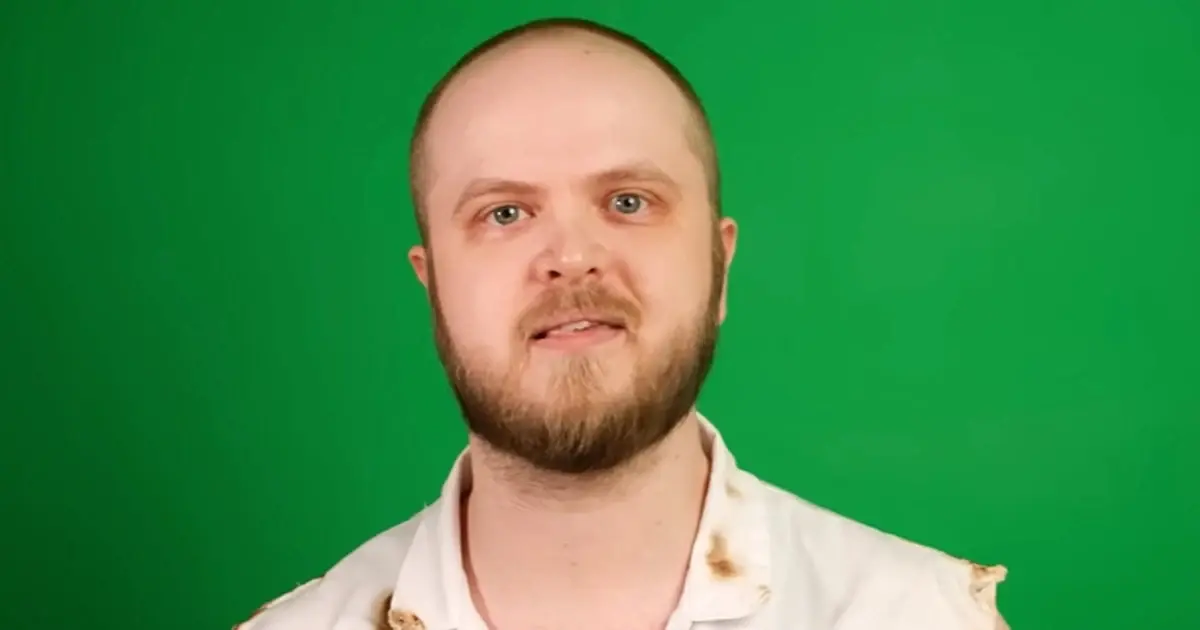
What a load of waffle. “Appeared to” lift verbatim passages, really?
this is just legal ass-covering and is typical of news coverage in the absence of a conviction or similar–nothing new or unique about it.

I mean, yes and no. Is it probably safer to say ‘accused’? Sure. Is it weasely, waffley bullshit to spend as much time as they did on the specifics of the apology, but completely gloss over the specifics of the accusations? Absolutely.
Anyone reading that article could easily come out of it thinking that the guy’s being accused of doing a bad job of citing his sources. Anyone who watched the actual video has seen the evidence that he did it knowingly and with intent.
It’s absolutely some false neutrality nonsense where they hold back the meat in order to make the story seem ‘neutral’ when the truth is clearly not.
i mean i think the more likely explanation for any weirdness of that sort is just that this is a very low-stakes story for NBC. what is essentially Youtube drama just isn’t the wheelhouse i expect them to send their best to cover, or in which i think anyone is going to super care what “side” they take or how they present it.

I don’t mean to say that false neutrality is some sort of conspiracy or something on behalf of NBC to protect their bottom line. I think it’s something lazy writers do to protect themselves when they’re doing surface-level stories about things they didn’t bother to spend much time researching. They probably don’t know the specifics of the accusations because they were buried in a 3 hour long video.
If you don’t bother researching something, it makes sense to hedge a bit if you have to stake your reputation on it. On the one end you get a kind of weak article like this, but on the other you could end up at the center of something nasty. Of course all of that could be remedied with a smidge of journalistic integrity but 🤷♀️
🤖 I’m a bot that provides automatic summaries for articles:
Click here to see the summary
Two weeks after accusations of plagiarism rocked many in the YouTube community, a creator who was at the center of the controversy spawned even more backlash after he deleted an apology video within hours of having posted it.
Somerton — whose subscriber count dropped to 255,000 on YouTube — went silent online, hid all his videos from public view and deactivated his presence on Patreon, a platform where supporters could pay him monthly subscription fees from $20 to $100.
Many online said Somerton’s apology fell flat — they pointed out that he never used the words “plagiarism” or “plagiarized.” He also didn’t describe the full extent of what he was accused of.
Although Patreon is not a body that determines the ownership or settles disputes, when we receive complete DMCAs from creators, we act on them.”
Before he deleted the apology video, Somerton had restored his Patreon account, which alarmed other YouTube creators, who spoke out urging people to cancel their subscriptions before they got charged again.
Brewis said in his video that he would give any money he made from ads that ran on his YouTube exposé to the creators who were plagiarized, who included journalists and writers.
Saved 78% of original text.


